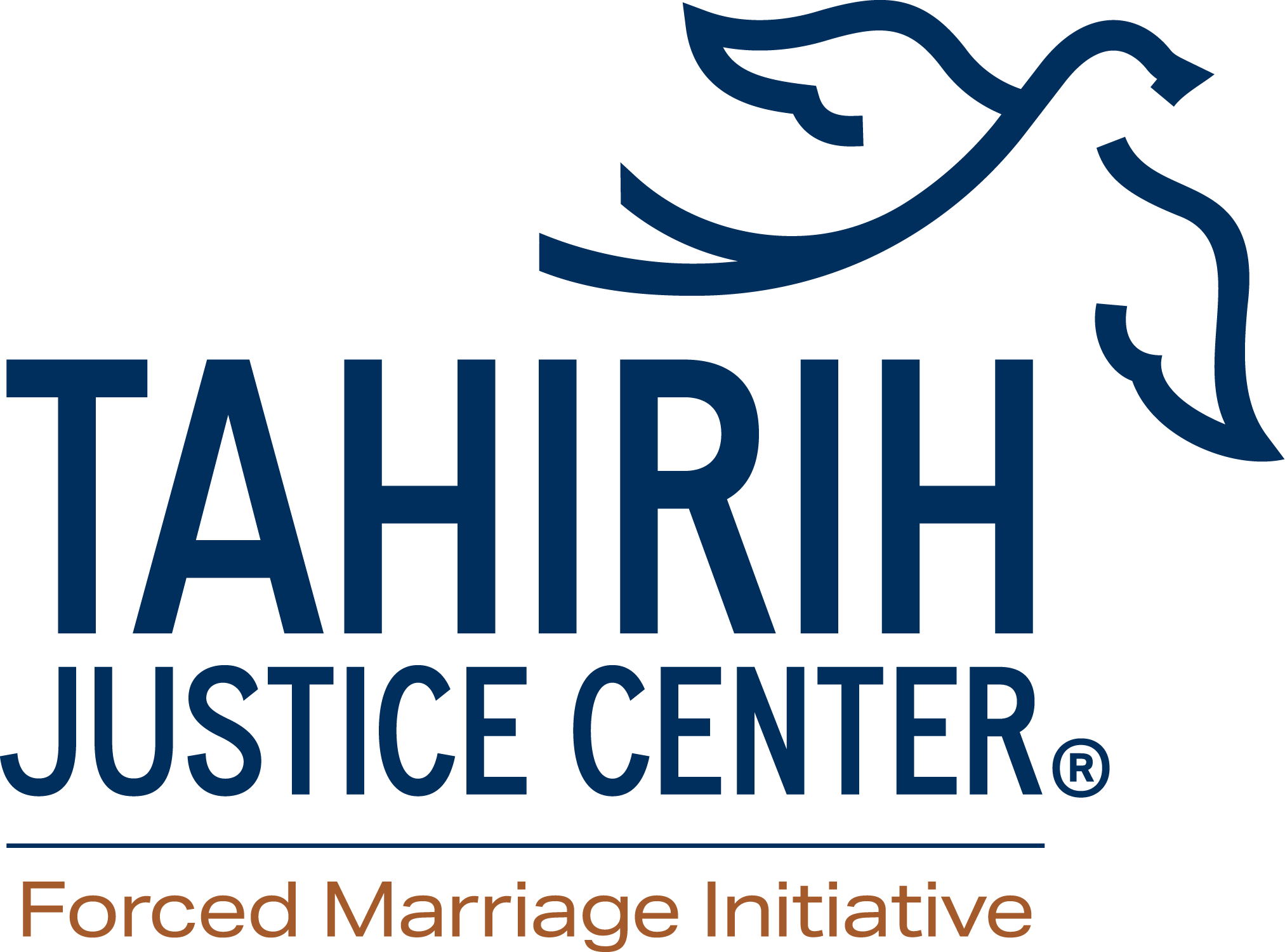Webinars
Webinar – Spotting Signs of Forced & Child Marriage & Human Trafficking: The Role of Marriage Officiants in the U.S.
During this webinar, the Forced Marriage Initiative and Justice of the Peace Association provide tips for marriage officiants who may encounter cases of forced marriage, child marriage, or human trafficking in the course of their routine business.
Forced and child marriage are significant, yet hidden, problems in the United States that impact women and girls from every socioeconomic status, ethnic and religious background. Victims often face physical and psychological abuse, rape, denial of education and opportunity and minors threatened with forced marriage face increased vulnerability given their significant legal limitations which often restrict their access to services as well as their ability to leave home and seek help and protection. Marriage officiants who encounter forced marriage, child marriage, and human trafficking during their work can play an important role in connecting individuals at risk to the services and support they need to seek safety.
Webinar – Spotting the Signs of Forced Marriage: Tips for Hotline Advocates
During this webinar, the Forced Marriage Initiative provides tips for hotline advocates who encounter cases of forced marriage in their work.
Forced marriage is a significant, yet hidden problem in the United States that impacts individuals of every socioeconomic status, ethnic, religious and cultural background. More often than not, forced marriage is just one part of a spectrum of other harms that an individual who is forced to marry may face in their lifetime. In fact, forced marriage can often lurk behind the issues that first present themselves including mental health concerns, physical and psychological abuse, sexual assault and rape. Advocates at the National, State, and Local Hotline level are on the front lines of victim response and can often be the first point of contact for individuals at risk and survivors of forced marriage seeking assistance and support.
Professor Lisa Martin – Using Civil Protection Orders to Prevent Forced Marriage
This webinar features Lisa V. Martin, Assistant Professor at University of South Carolina’s School of Law. Professor Martin is the author of Restraining Forced Marriage, the first report to undertake a detailed evaluation of the viability of civil protection orders to address forced marriage in the United States.
Although protection orders show promise as a tool to prevent forced marriage in many states, the nuances of current legal standards defining what kinds of abuse – and by whom – are covered severely limits the practical utility of most civil protection orders for those without expert representation. To enhance the accessibility of protection orders in a forced marriage context, Martin recommends that states create a new forced marriage protection order to address the specific needs of those facing this problem.
The Freedom Advocates Project Empowering Individuals with Lived Experience
This webinar features Laura Vidal, a Social Worker with a Masters in Human Rights Law and Policy from Sydney, Australia. Drawing on her experience of developing and delivering Australia’s only survivor advocates program for victims of human trafficking and slavery (including forced marriage) —The Freedom Advocates Project— Laura Vidal presented key guidelines for engaging survivors in equal and equitable advocacy to influence policy development and service delivery. Opening authentic and equitable space for survivors’ voices to be heard is essential in the movement to end violence against women, and this webinar provides a roadmap for building principled survivor engagement opportunities and programs. This webinar is appropriate for all advocates working in the field of gender-based violence and human trafficking, including those in direct service and public policy advocacy on the local, state and federal level.
When Minors Face Forced Marriage: Survivor Stories and Creative Strategies for Assistance
During this webinar, two American child marriage survivors share their stories, highlighting the vulnerabilities and challenges they faced. Experts from the Tahirih Justice Center and Greater Boston Legal Services also share guidance on:
- Red flags and warning signs of forced marriage
- Collaborative strategies to assist minors to avoid or delay a forced marriage
- Creative legal approaches to preventing the forced marriage of minors
- Privacy protection and tech safety planning
- Preventing travel overseas if a forced marriage is imminent or suspected
This webinar was presented as part of the Forced Marriage Initiative’s Quarterly Webinar Series on December 12, 2016.
*This webinar is not publicly available. Please contact us at FMI@tahirih.org for more information.


